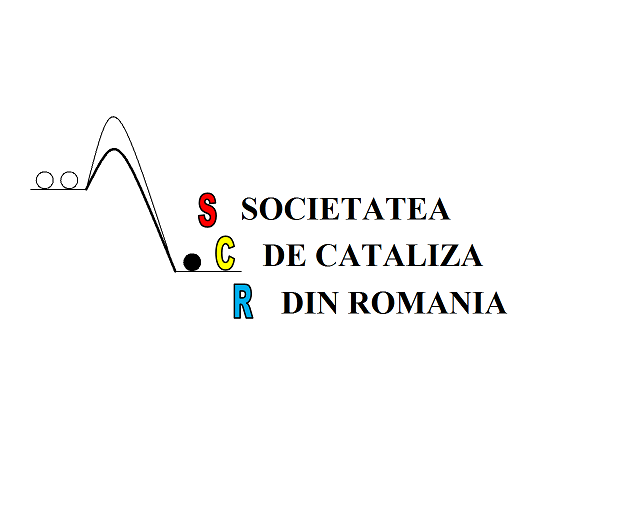- 4.0Impact Factor
- 7.6CiteScore
- 16 daysTime to First Decision
Society Collaborations
If you are a member of any of the following societies, please reach out to your society representative to learn more about the benefits of publishing with us, including discounts on the article processing charge (APC).
Affiliated Societies

The Romanian Catalysis Society (RCS) was established in 1991 as an initiative of a group of Romanian universities and research institutes. It was designed as an establishment of a professional and scientific association of chemists and chemical engineers interested in catalysts and catalytic processes. Then, RCS got legal recognition in 1992 by a decision of the Bucharest Tribunal, and many joined it, including academic specialists in chemistry education and research from Bucharest, Iasi, Cluj, Timisoara, Craiova, and Ploiesti; researchers from institutes and centers (CCF, Romanian Academy, ICCHIM, ZECASIN, INECRP – Ploiesti, CCh—Craiova); and scientists from industrial units (Brazi and Vega Oil Refineries, Brazi, Pitesti or Borzesti Chemical Plants). One year later, in 1993, SCR was affiliated with EFCATS (European Federation of Catalysis Societies) with an initial 220 members.
Until now, the RCS presidency was provided by the Founder President Prof. Emilian Angelescu (1992 – 2005) and Prof. Vasile I. Parvulescu (2005–present), who fulfilled also the function of Secretary of the EFCATS Administrative Committee (2013-2017). Between 1993 and 2002 RCS edited the biannual journal Progress in Catalysis in the English language with international contributions.
Initially, the RCS’s activity was organized into working groups focusing on teaching and research in catalysis and the production of catalysts. It has also been focused on research and training and increasing visibility of publications. Every two years, the Society organizes an International Symposium on Catalysis and Catalytic Processes, usually in cities developing research in this field. In addition, the members of the society have been active in all EUROPACAT congresses, as well as the International Congress on Catalysis, TOCAT, NACS, etc.
International cooperations have been established with other friend catalytic societies with a positive impact on the exchange of young researchers, information, experience, and joint participation in the projects.


